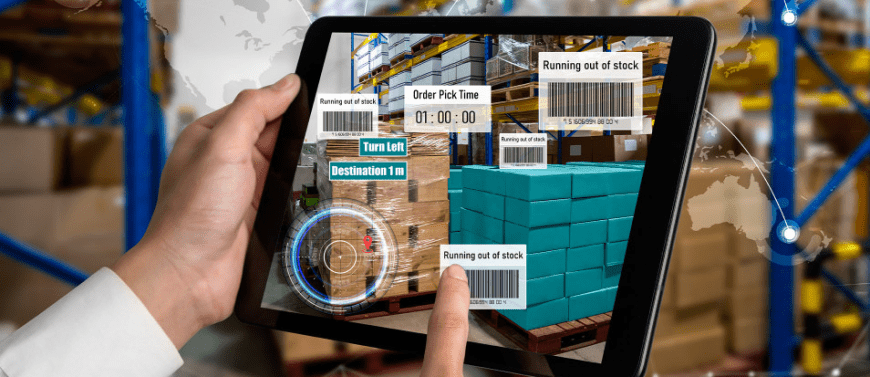
- posted
- article
Digital solutions for supply chain optimisation
Supply chain optimisation is a key success factor for many businesses. With competition and customer demands constantly increasing, companies are looking for ways to improve efficiency, reduce costs and enhance the quality of their services. This creates a need for digital solutions to optimise the supply chain.
One of the key elements of digital solutions is the use of Supply Chain Management (SCM) software. SCM systems automate and coordinate processes related to the procurement, production, storage and delivery of goods. They provide companies with a holistic view of the supply chain, allowing them to manage and control its entire cycle.
One of the benefits of using SCM systems is inventory optimisation. By automatically forecasting demand and identifying trends, companies can accurately determine their inventory needs and avoid overstocking or understocking. This reduces storage costs and the risk of loss or stagnation of goods.
Another important aspect of digital solutions is improved communication and collaboration with suppliers. SCM systems provide an opportunity to implement electronic data exchange systems, which simplifies the ordering, shipping and payment processes. They allow you to monitor the status of deliveries in real time, which ensures a quick response to changes and avoids delays in delivery.
Digital solutions also help to identify and fix problems in the supply chain. With the use of analytical tools and big data analytics systems, companies can gain important insights into productivity, quality and costs at various stages of the supply chain. This allows them to identify potential problem areas and take timely corrective action.
One of the latest trends in digital solutions for supply chain optimisation is the use of the Internet of Things (IoT). With the help of IoT devices, companies can collect real-time data on the condition of equipment, goods, transport and other elements of the supply chain. This allows them to track the location of goods, monitor storage conditions, and provide accurate information about the status of supplies.
Overall, digital solutions for supply chain optimisation are becoming a necessity for businesses in the modern world. They help reduce costs, increase efficiency and ensure high quality services. As technology continues to evolve, digital solutions are expected to continue to evolve and be implemented in more and more business sectors.
Overall, digital solutions for supply chain optimisation are becoming a necessity for businesses in the modern world. They help reduce costs, increase efficiency and ensure high quality services. As technology continues to evolve, digital solutions are expected to continue to evolve and be implemented in more and more business sectors.